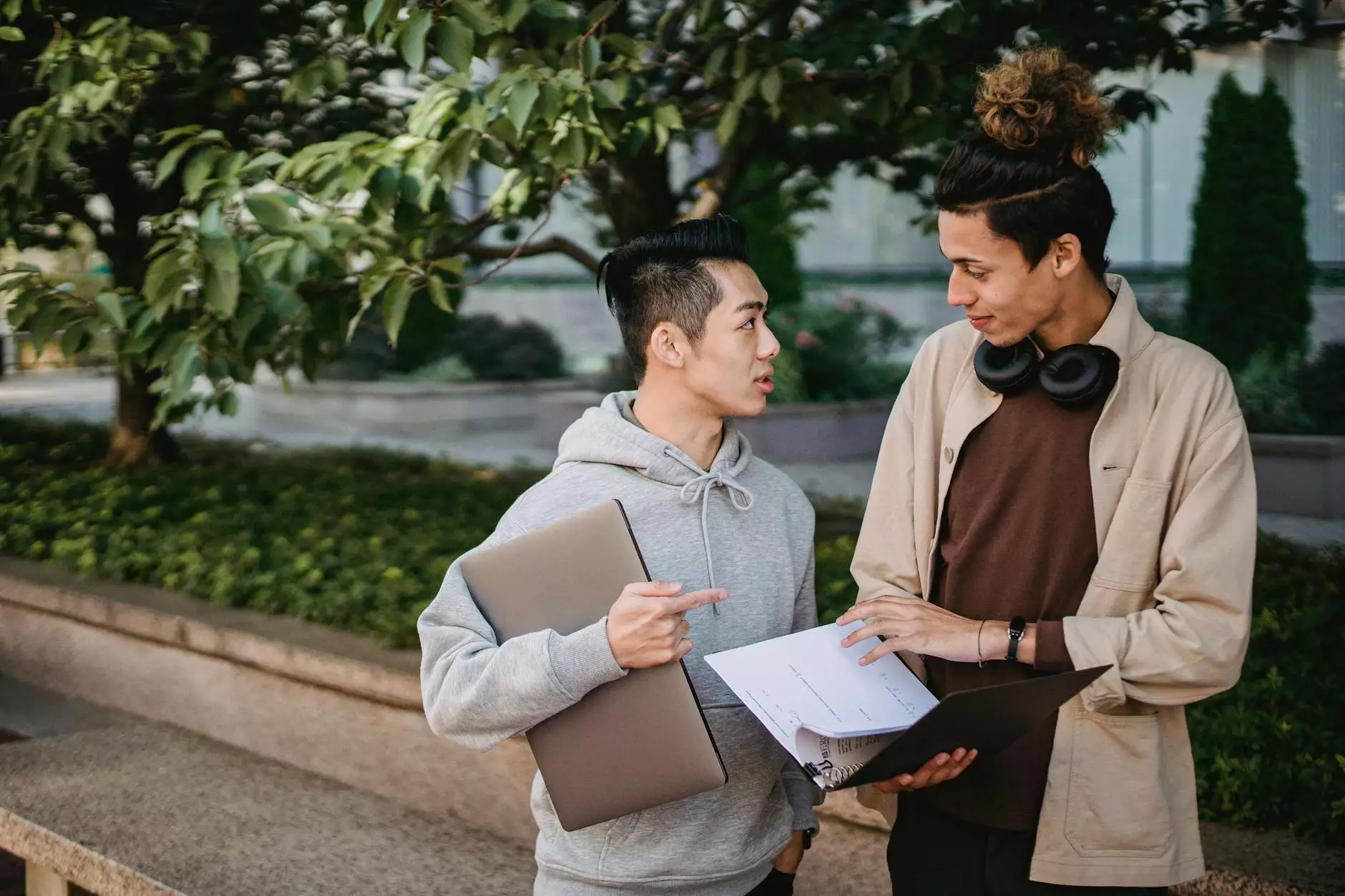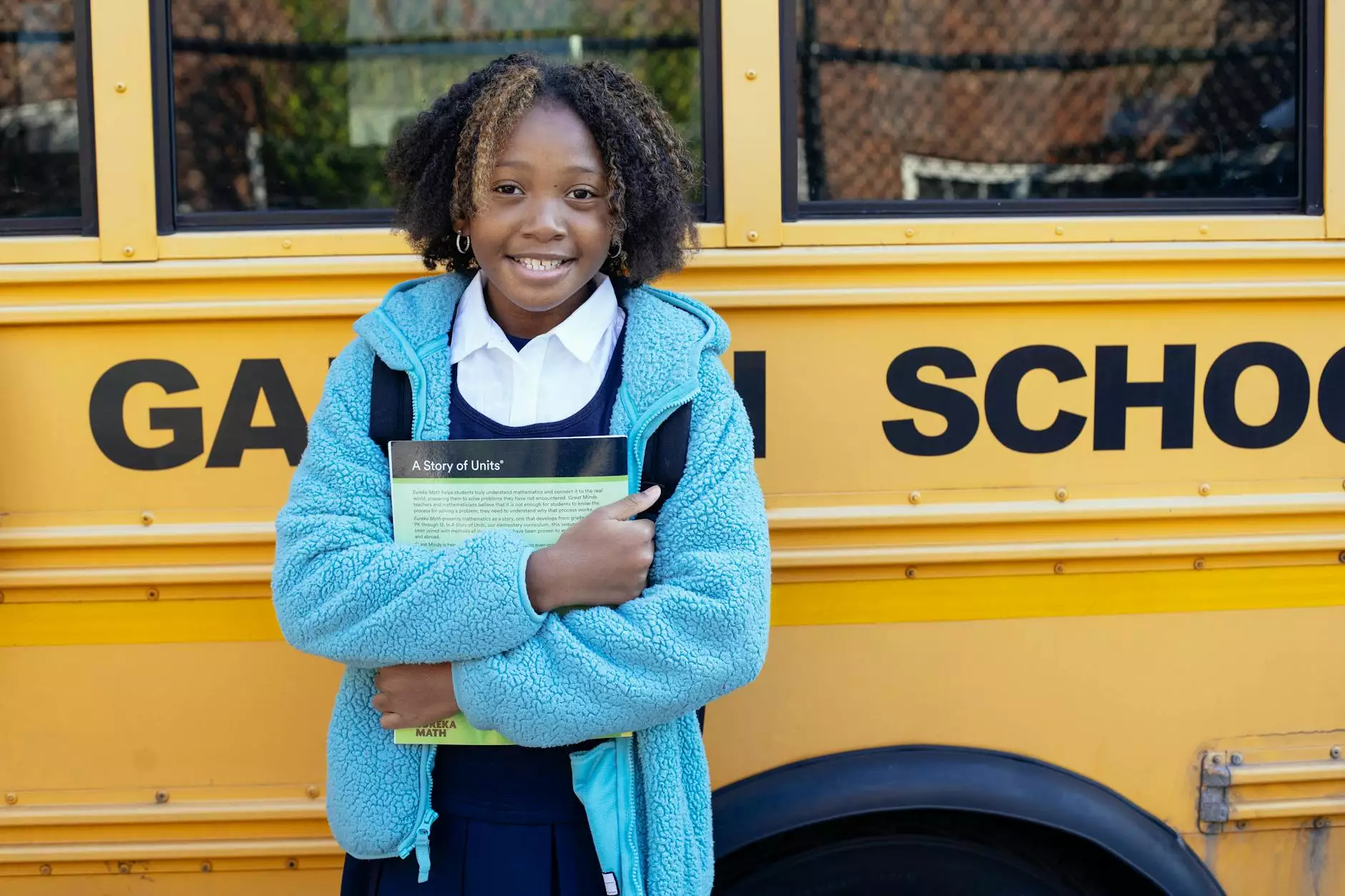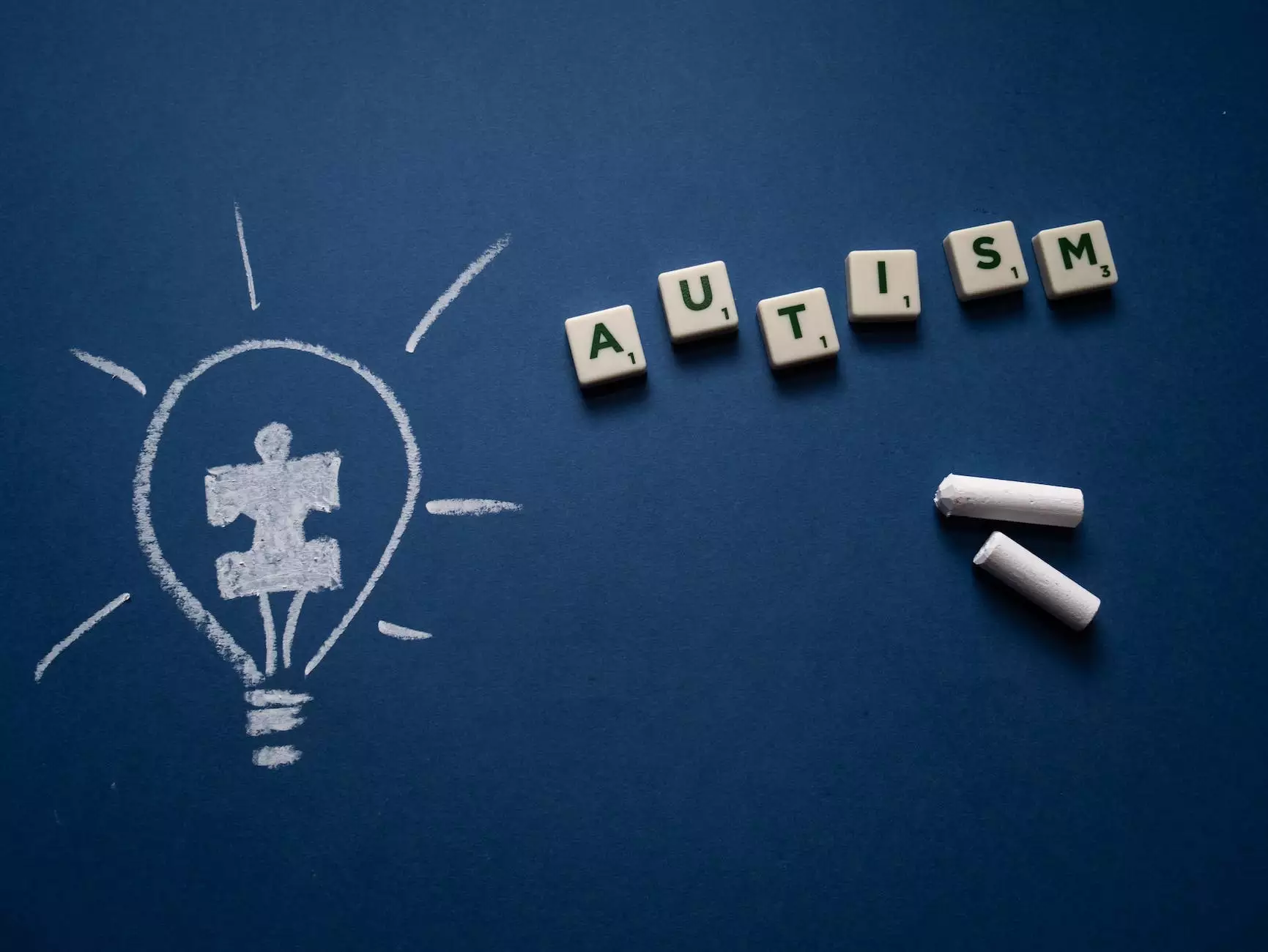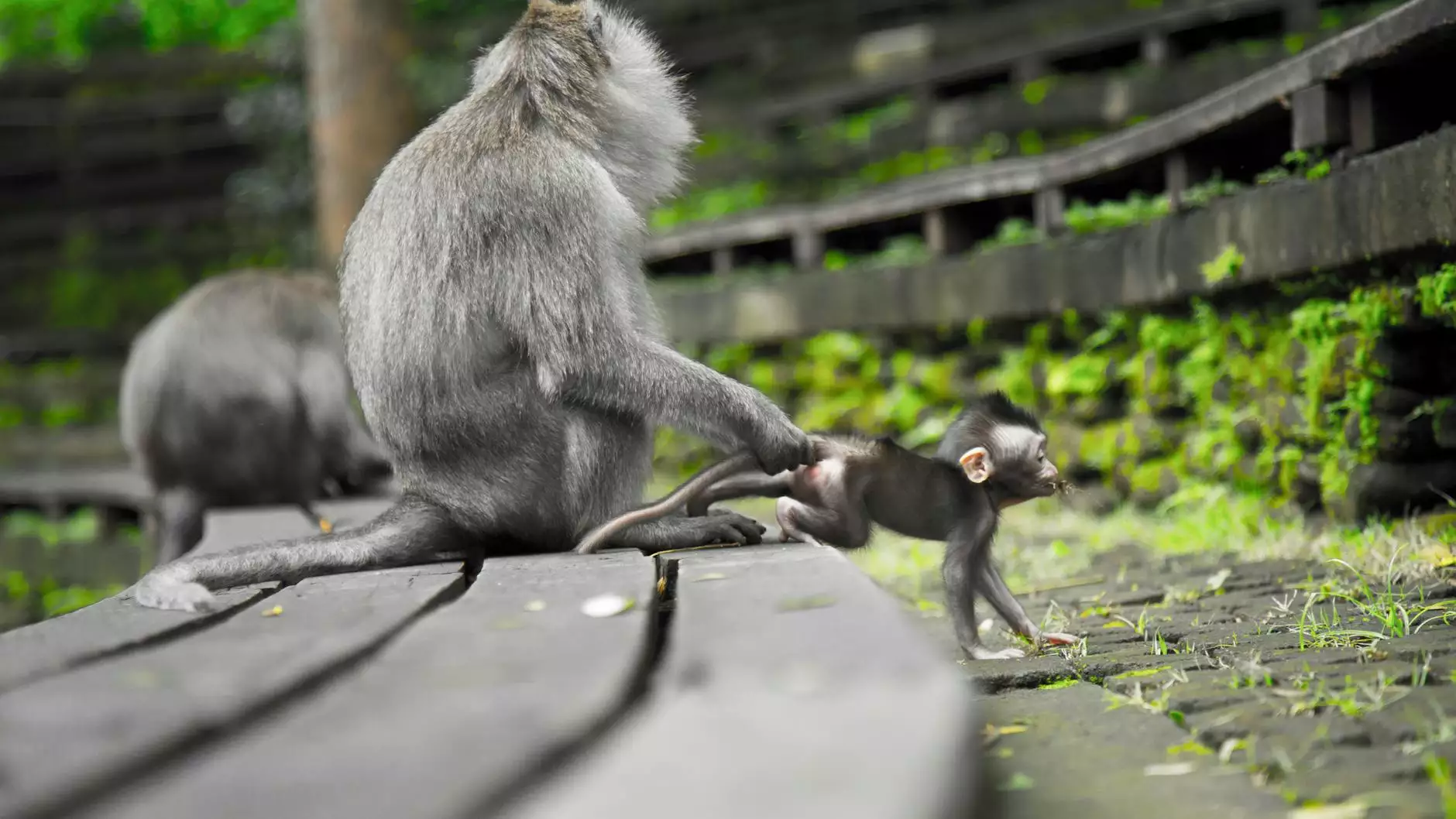Generalization of Skills in Applied Behavior Analysis (ABA)

Introduction
As part of our commitment to providing insightful information on diverse topics, Festivals Bazar brings you in-depth knowledge about the generalization of skills in Applied Behavior Analysis (ABA). This page explores the significance of generalization in behavior change and highlights strategies for promoting generalization across different scenarios.
Understanding Applied Behavior Analysis (ABA)
Applied Behavior Analysis (ABA) is a scientific discipline that aims to understand and improve human behavior by using systematic and evidence-based methods. It focuses on analyzing behavior patterns and implementing interventions to bring about positive changes.
ABA is commonly used in educational, therapeutic, and organizational settings to facilitate learning, social-emotional development, and problem-solving skills. By targeting specific behaviors, ABA helps individuals acquire new skills, reduce challenging behaviors, and improve overall functioning.
The Significance of Generalization
Generalization refers to the ability to transfer acquired skills and behaviors from one situation or context to another. It plays a crucial role in ABA as it ensures that learned skills are not limited to specific settings but can be effectively utilized in real-life scenarios.
ABA seeks to promote generalization to ensure that the skills individuals develop have practical value and can be applied in diverse situations. Without generalization, learned behaviors might not translate into functional skills or meaningful changes in everyday life.
Strategies for Promoting Generalization
1. Teaching in Natural Environments
One strategy for promoting generalization is to teach skills in natural environments that individuals are likely to encounter outside of structured therapy sessions. By conducting sessions in relevant settings, such as homes, schools, or community spaces, individuals can practice and generalize skills more effectively.
2. Varying Materials and Contexts
It's important to expose individuals to different materials and contexts while teaching skills. This helps them generalize the learned behaviors across various scenarios. By introducing variations during training, individuals become more adaptable and flexible in applying their skills in different situations.
3. Incorporating Social Interaction
Social interaction is a crucial aspect of generalization. Teaching individuals to use acquired skills in social settings enhances their ability to interact effectively and apply learned behaviors within a social context. This includes encouraging communication, turn-taking, and problem-solving with peers or family members.
4. Generalization Probes
Conducting generalization probes involves assessing an individual's ability to apply learned skills in untrained situations. These assessments help identify areas where generalization may be lacking and allow for targeted interventions and reinforcement.
5. Reinforcement of Generalized Skills
Reinforcing generalized skills is essential to maintain their application over time. Providing consistent reinforcement and opportunities for individuals to practice and utilize these skills in different contexts strengthens the likelihood of successful generalization.
Conclusion
Generalization of skills in Applied Behavior Analysis (ABA) is a critical aspect of behavior change. By implementing strategies such as teaching in natural environments, varying materials and contexts, incorporating social interaction, conducting generalization probes, and reinforcing generalized skills, individuals can apply their learned behaviors across various settings, promoting functional and meaningful changes in their everyday lives.










